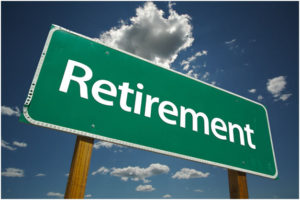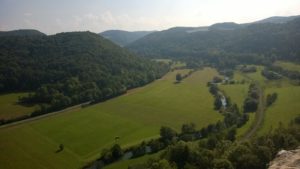NUREMBERG, Germany — The past two weeks have flown by like a rocket shot into space.
But yet they have arguably among the best two weeks I’ve ever spent. I spent them in Bavaria, in southern Germany.
My vacation came from an invitation delivered by friends who thought when they extended it that I needed some time away from the house in Texas to clear my head. They were right. What they — or I — didn’t anticipate is the emotional distance I have traveled since losing my bride Kathy Anne to cancer.
Even though the time I spent with Martin, Alena and their three precious children was time well-spent, it wasn’t as urgent as it was when the invitation came my way.
However, my two-week stay in Germany is about to come to a conclusion. I will leave here fulfilled and enriched by their friendship, their hospitality and their love.
I am going home to a new life that is still under construction, but it is taking on a definite form. My friends all tell me they see a difference in me these days. Indeed, I am able to say I am ‘good,” which I couldn’t bring myself to say in the immediate aftermath of our loss.
That was then. And now? I awake each morning looking forward to the days that lie ahead.
I needed the time away to reconnect with these dear friends. They promised to shower me with love. They truly delivered the goods. It is time to go home.

